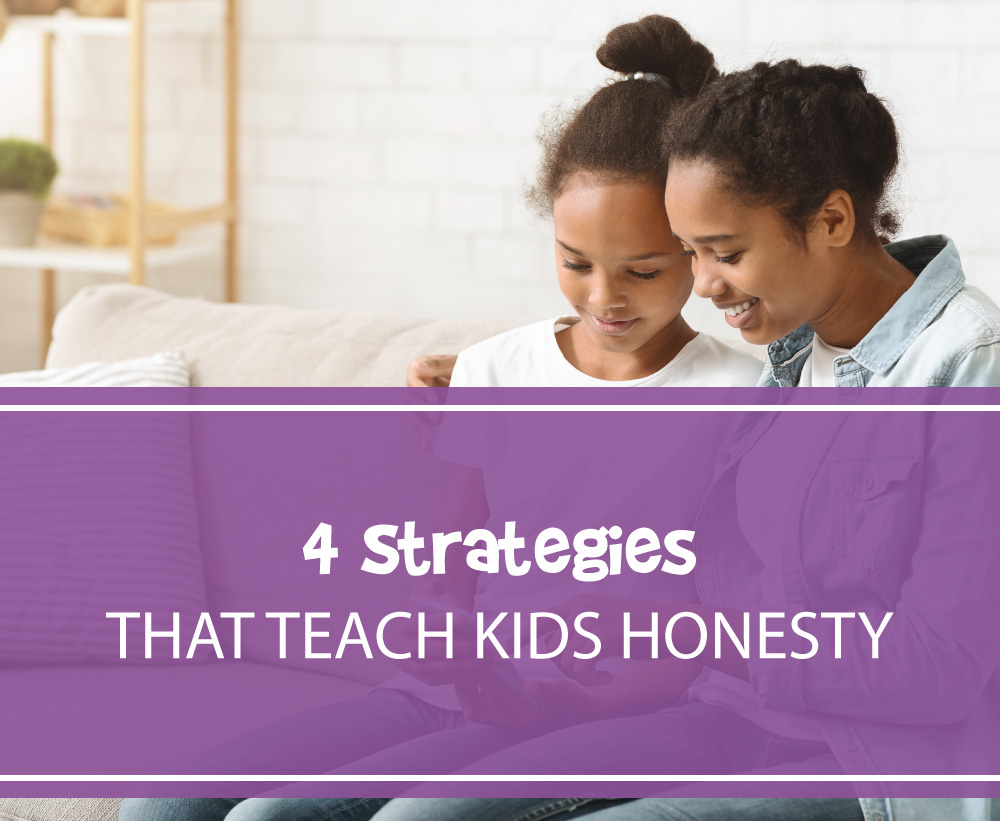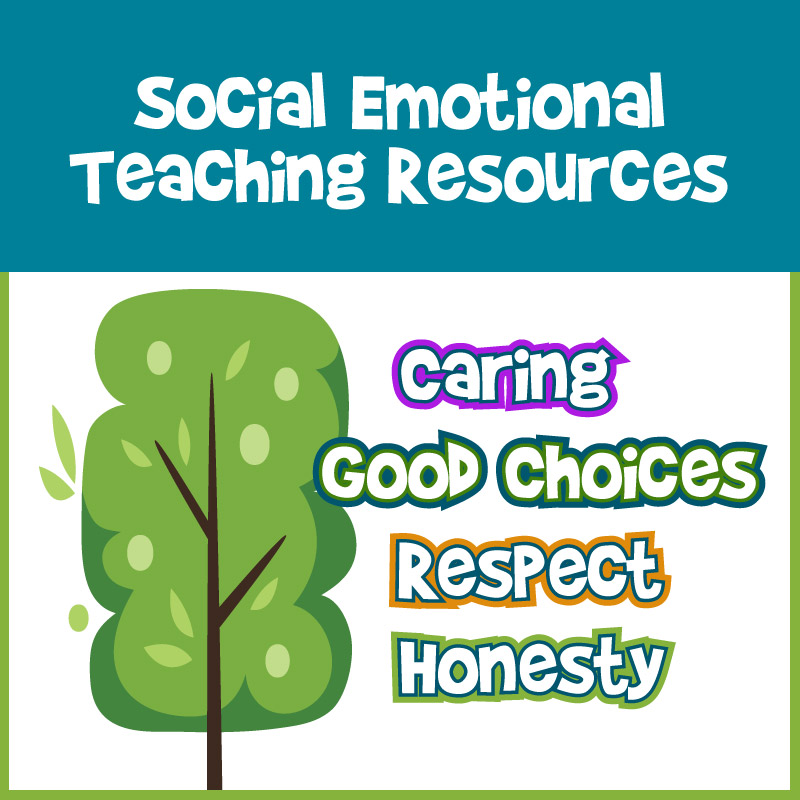How to teach kids to be honest
Part 2 of "Are you teaching your kid to be a better liar?"

In Part 1 of this series on teaching kids to be more truthful, we learned that conventional wisdom promotes several myths that actually encourage children to lie more. When parents ignore lying or harshly punish lying, children lie more often or they lie more creatively. So what are some techniques we can use to teach kids to be more honest and to tell the truth even when it's hard?
1. Teach kids that honesty feels good
The experts in the book, NurtureShock, (see Part 1 for more info) provide a surprisingly obvious truth. While kids need to understand that lying is wrong, they also need to know that honesty is right. The researchers point out that if a child knows that lying is "bad", they feel like a "bad" person when they lie. That's the conscience at work, sending signals that help a child know right from wrong by sending positive or negative sensations that help them choose. But a child’s conscience isn’t there just to remind them when they’ve done wrong. Their conscience also helps them feel good when they do good. Honesty should feel "good" as much as lying should feel "bad".
We tend to teach children about the many dimensions of honesty in terms of all the things they will be punished for doing that are wrong— "don’t steal", "don’t trick people (deceive)", "don’t cheat". To teach children to value honesty, we need to help them make the connection that achieving our goals through honesty feels really good on the inside.
2. Praise honesty even more than you would punish lying
The experts in Nurtureshock cite a study in which children were told two stories about lying: The Boy Who Cried Wolf (a story in which a boy lies, bad things happen, then the boy is punished) and George Washington and the Cherry Tree (a story in which a boy lies, takes responsibility for his wrong action, and is praised for telling the truth.) Guess which story motivated kids to tell the truth? Despite the fact that avoiding punishment is one of the primary reasons kids lie, the children in the study were more motivated to be truthful by the story about the boy who took responsibility for his actions and risked punishment. Why? Because he was praised for telling the truth. What kids want even more than not being punished is to have a way to deal with the wrong doing while also making their parents happy. If telling the truth makes you happy, your kids will be more likely to tell the truth.
But there’s a catch. You have to honestly meet their truthfulness with praise. You can’t convince them to tell you the truth about something they did wrong and then punish them for having fessed up to it— that’s deception (and hypocrisy given this is a lesson about honesty) and they won’t fall for it more than once. But-- you're waving your arms and yelling at me-- I can't just ignore the wrong thing they did in the first place and praise the fact that they told me the truth about it?!?!? Now what I do?
Read on for the the secret to addressing the original transgression, while also encouraging truthfulness.
3. Hold them accountable for doing wrong, but give them extra consequences for lying about it
The way to address both issues is to separate the wrong-doing from any lies the child tells you about it. The original act of wrong-doing needs to be addressed because the child needs to learn accountability and responsibility for their actions. But make it clear that if the child isn't truthful when you ask what happened, the consequences will be worse. Now this part is really important— if they tell you the truth, you must honor your commitment and make the consequence for the original wrong doing less while making the consequence for lying about it a little stronger. Here’s an example:
When he was young, my son was playing on his game player after bedtime, which is against our house rules… I saw the light under the door and could reasonably assume what was happening. I opened the door and he hid the game player. I said, "I’m going to ask what you were doing. If you tell me the truth, the consequence will address the mistake. If you lie about what you were doing, you’ll get in double trouble— once for the mistake and even more for the lie." If he told the truth, he might lose his game player for 2 days for having sneaked it (consequence for the original wrong doing.) If he lied about what he was doing, he’d lose his game player for a week (consequence for original mistake + lying.) How do I know this works? It's years later, and he is a teenager. Whenever he’s about to potentially get in trouble he typically says, "I’m not going to lie because I know that’ll get me in more trouble. So keep in mind that I’m about to be truthful and please make the consequence fair." I’m not kidding, he literally says this. So did his sisters when they were teens. It works if you are consistent and hold up your end of the agreement about the consequences.
4. Teach the true value of honesty
We all want our kids to learn to do the right thing for the right reason, not just because they don't want the consequences of getting caught. We want them to choose honesty because it is right to be honest, it feels good to be honest, honesty helps keep them safe, and ultimately because our ability to trust kids depends on them being honest. To help children learn to choose honesty long term, teach kids the value of being honest.
Lying causes harm: Kids need to understand that lying can hurt people. Falsely blaming someone else or not taking responsibility for your actions can hurt others. Making false statements and spreading rumors hurts people. Hiding your actions means you were likely doing something that could have hurt yourself or someone else. Children don’t always make the connection that rules are there to keep them safe.
Lying damages trust: As children grow, they want more freedom. But for a parent or teacher to give freedom, they need to know the child can make good choices and be trusted to do what they say they’ll do. Lying violates trust and makes it harder to allow freedom because if a chid will lie, it means they'll do something they know is wrong and then try to trick you about it. How can you trust them in other situations? For our children, the threat of losing freedom, like walking to a friends house or going to a sleepover, immediately reigned in dishonest behavior. A few key phrases you can use: How can I trust you to go to your friend’s house alone if I can’t trust you’ll be where you say you’ll be, or that you’ll behave in a way that you know is right?
Explore some resources to teach honesty
Honesty is one of the single most important lessons for children to learn. It’s the foundation of trust, which they’ll need with friends, teachers, parents, and throughout life. Honesty can be challenging to explain, so here are a couple resources that may help.
- Be Proud Story- Share this story about a boy who learns to listen to his conscience and make honest choices that he can be proud of.
- Honesty Teaching Resources- Explore free, printable worksheets, presentations, posters and more teaching resources.
Note: this page contains affiliate links.
Colleen Doyle Bryant
Author of social emotional learning books and teaching materials including Talking with Trees series for children and Truth Be Told Quotes for teens.






